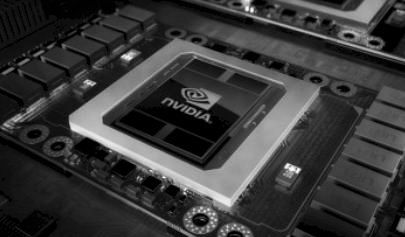
Nvidia Puts The Accelerator To The Metal With Pascal
The revolution in GPU computing started with games, and spread to the HPC centers of the world eight years ago with the first “Fermi” Tesla accelerators from Nvidia. …

The revolution in GPU computing started with games, and spread to the HPC centers of the world eight years ago with the first “Fermi” Tesla accelerators from Nvidia. …
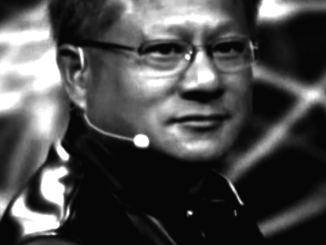
It is hard to find a more hyperbolic keynote title than, “A New Computing Model” but given the recent explosion in capabilities in both hardware and algorithms that have pushed deep learning to the fore, Nvidia’s CEO keynote at this morning’s GPU Technology Conference kickoff appears to be right on target. …

“AI is transforming the entire world of technology. Much of this progress is due to the ability of learning algorithms to spot patterns in larger and larger amounts of data. …

Multi-million dollar decisions about investing in high performance computing systems are never taken lightly, but in the oil and gas industry, which is going through one of its worst crises in history, uncertainty reigns—at least in terms of the future outlook. …
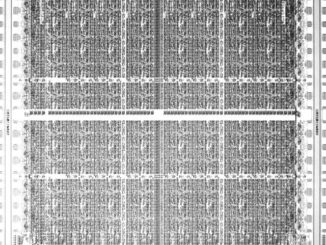
Well before the Intel acquisition of Altera and the news about Microsoft’s use of the Catapult servers, which feature FPGAs to power their Bing search engine and other key applications, it has been clear that the FPGA future is just starting to unfold. …
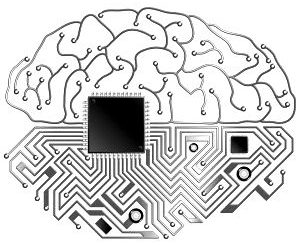
Just a few years ago, the promise of ultra-low power, high performance computing was tied to the rather futuristic-sounding vision of a “brain chip” or neuromorphic processor, which could mimic the brain’s structure and processing ability in silicon—quickly learning and chewing on data as fast as it could be generated. …
There has been a resounding uptick in attention around machine learning, but with relatively few large-scale systems in production (and even fewer public stories about progress and roadblocks), the wider story is all about the potential and dramatically less about the possibilities for problems. …

Offloading parts of the network stack from processors to specialized circuits on network adapter cards is not a new idea. …

The high end of the computing industry has always captivated us, and we still find the forces at work in the upper echelons of the datacenters of the world, and the hardware and software that is created to run the largest and most complex workloads found there, fascinating. …
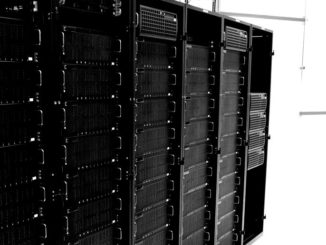
While many consumers in the U.S. might not have heard much about Baidu, when it comes to engineers and computer scientists, the Chinese company is on par with Google, Facebook, and their ilk when it comes to massively scaled distributed computing. …
All Content Copyright The Next Platform